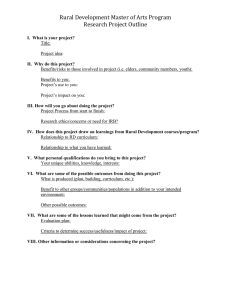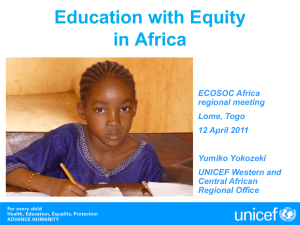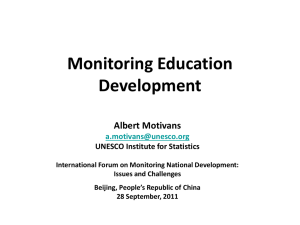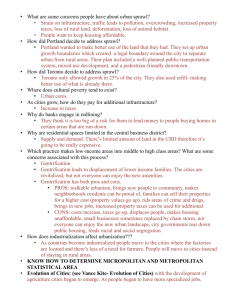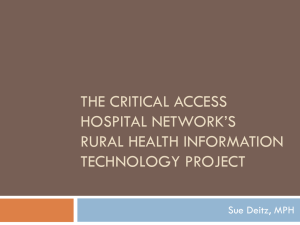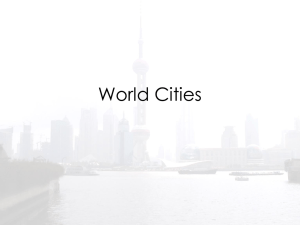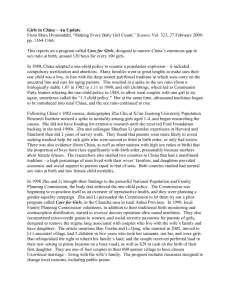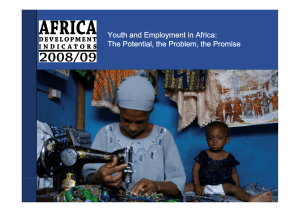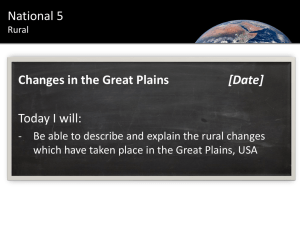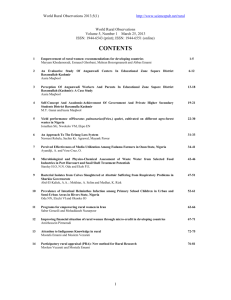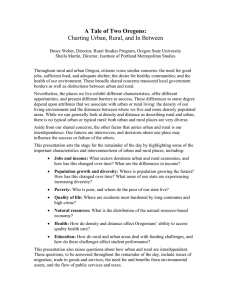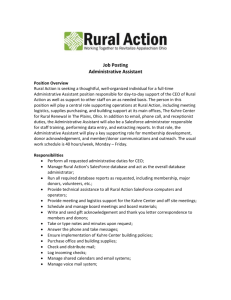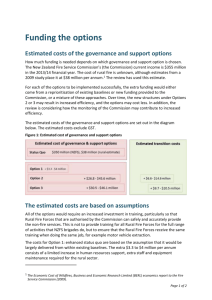The most pressing education challenges today in developing
advertisement
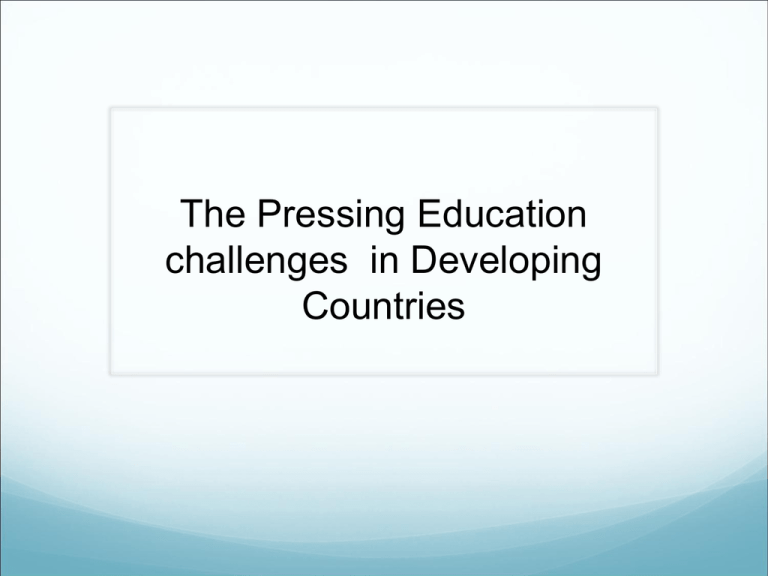
The Pressing Education challenges in Developing Countries Outline Introduction Challenges 1. Lack of basic facilities 2. Faculty quality and efficiency 3. Equality and gender issue 4. Political instability 5. Financial issues Conclusion Introduction Education in its general sense is a form of learning in which knowledge, skills, and habits of a group of people are transferred from one generation to the next through teaching, training, research, or simply through autodidacticism. Generally, it occurs through any experience that has a formative effect on the way one thinks, feels, or acts. Good quality Education is key and vital to instilling the values of peace and human dignity in the young generation and has the power to transform societies by: contributing to economic development and poverty relief; contributing to social stability by enabling people to transform their own lives and the society in which they live; promoting health and equipping children with the skills they need to protect themselves and be active citizens. Education Challenges Many countries continue to experience shortages of basic facilities, infrastructure, equipment and teaching and learning materials. Children continue to learn under trees, exposed to harsh weather conditions and to struggle to learn without sufficient textbooks and reading materials. The unavailability of electricity, clean water and sanitation facilities particularly in rural schools. Education Challenges Education Challenges There is a shortage of qualified teachers. Many countries have resorted to hiring unqualified or contract teachers, most often, without adequate academic qualifications and with no professional qualifications at all. This has had a serious negative impact on the quality of education. Education Challenges In many countries, traditional role patterns stop parents enrolling girls in school. For instance for instance in sub-Saharan Africa girls get married during or after high school thus stopping them from pursuing any further education. This strong cultural preference for boys and great gender disparity in the educational sector is also seen in the Middle East, and in South and West Asia. Education Challenges Education Challenges Access to early childhood education, primary and post primary education, including vocational education and training, remains a key challenge for developing countries. For example in Africa, of the 61 million children of primary school going age who are still out of school, 31 million of them are found in Sub-Saharan Africa. Wars, conflicts and discrimination deprive children from poor and remote rural areas access to education. In deprived areas, creating schools does not guarantee that children will attend them due to the insecurity. Education Challenges Education Challenges Financial issues have remained major cause denying many children in developing countries access to education. High quality education, one that requires more faculty resources and employs more interactive than passive teaching techniques is very expensive. In deciding to send their children to school, parents face a trade-off between household consumption now and children’s expected future income. Due to the financial limitation there is use of child labour to support household survival in rural and urban squatter groups. Education Challenges Many developing countries lack public education systems Those that do have one face problem of high corruption and mismanagement of funds allocated for the education sector. Conclusion In most developing countries, few children graduate from secondary school and many don’t even finish primary school.Most of these are girls and children from poor and remote rural areas and those affected by conflict and discrimination. The education system has a number of challenges. Currently most of the governments are putting in place measures to counter the problems. Thank you for your Attention!!!
